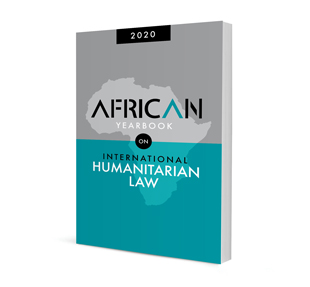How effective have African truth commissions been?

How effective have African truth commissions been?
Author: William Gumede
ISSN: 2521-2621
Affiliations: Associate Professor, School of Governance, University of the Witwatersrand, Johannesburg
Source: African Yearbook on International Humanitarian Law, 2020, p. 192 – 208
https://doi.org/10.47348/AYIH/2020/a7
Abstract
The study is a critical review of several African countries’ attempts to seek justice, truth and lasting peace after deadly conflict through the mechanisms of transitional justice, specifically through the establishment of truth and reconciliation commissions or equivalent structures. Outcomes for African commissions have been mixed. Some met with genuine success. Some were obviously ineffective, neither uncovering the truth, nor bringing justice to the victims or holding perpetrators accountable. The review will analyse why some African truth commissions have performed better, while others have been widely condemned as failures and missed opportunities. It will outline lessons for other African countries considering setting up truth commissions or related transitional justice mechanisms to tackle the legacies of a violent past, to bring justice, and to forge reconciliation and lasting peace.

